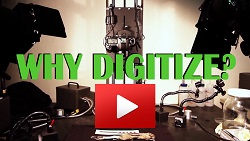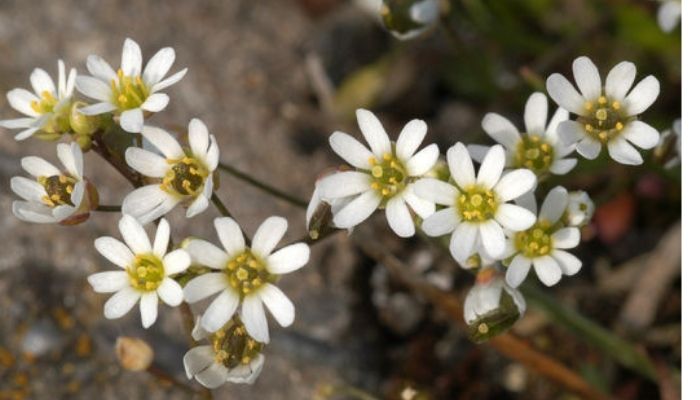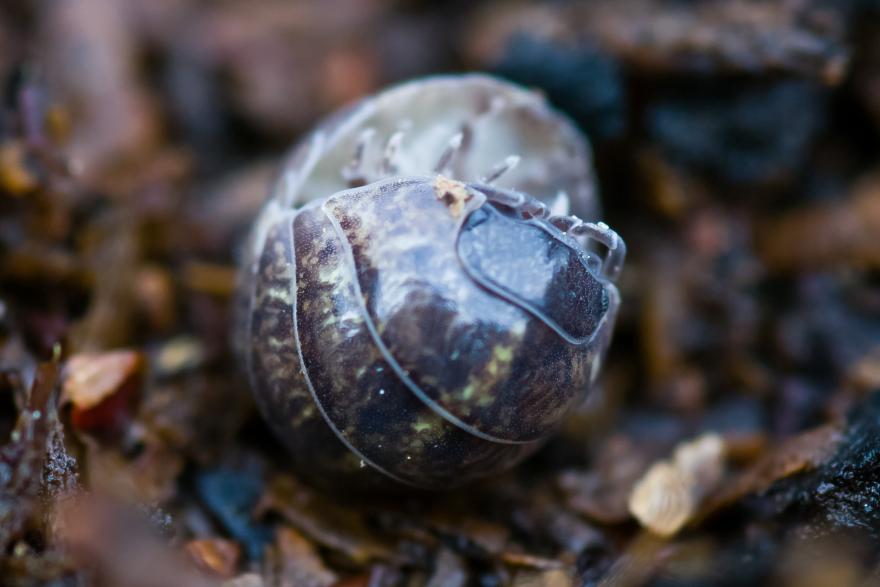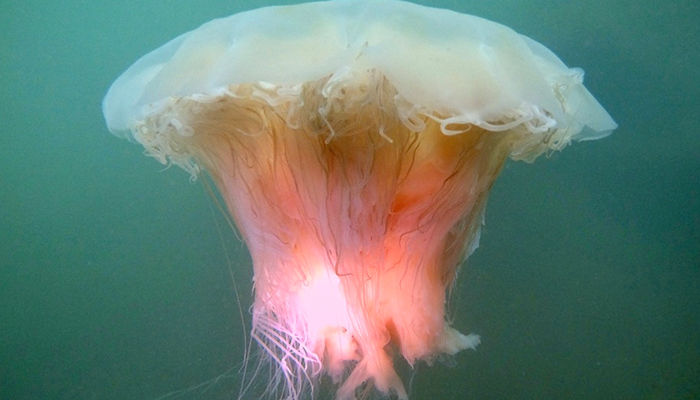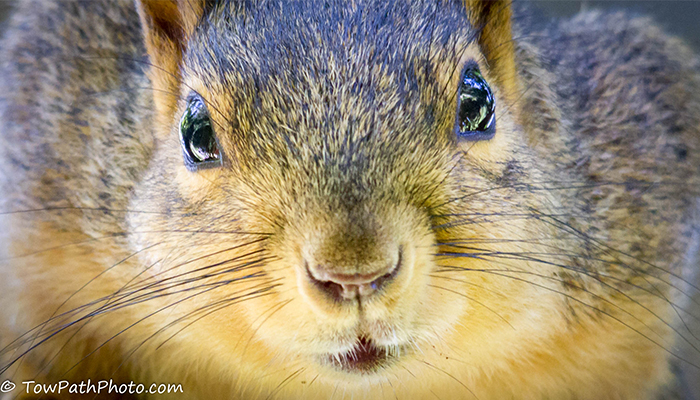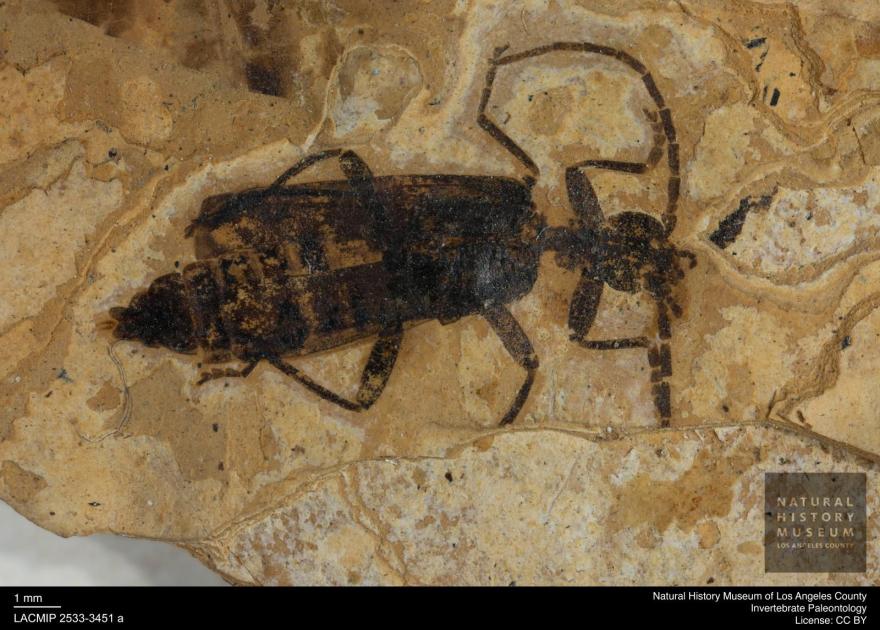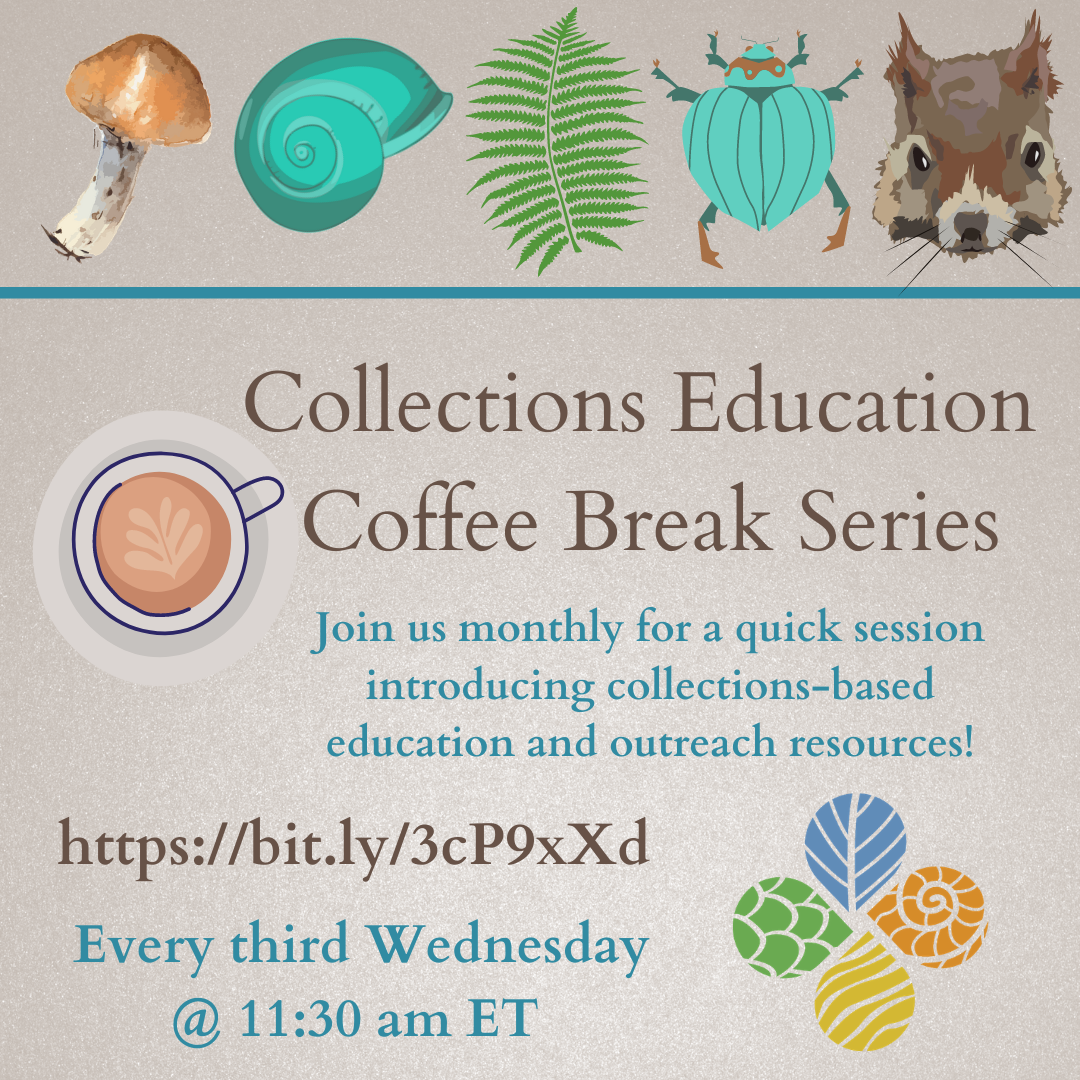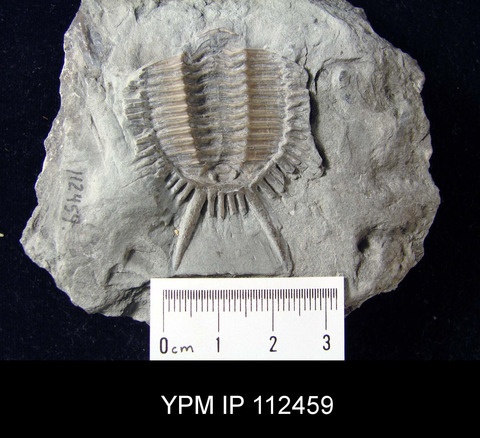ADBC Educational Resources
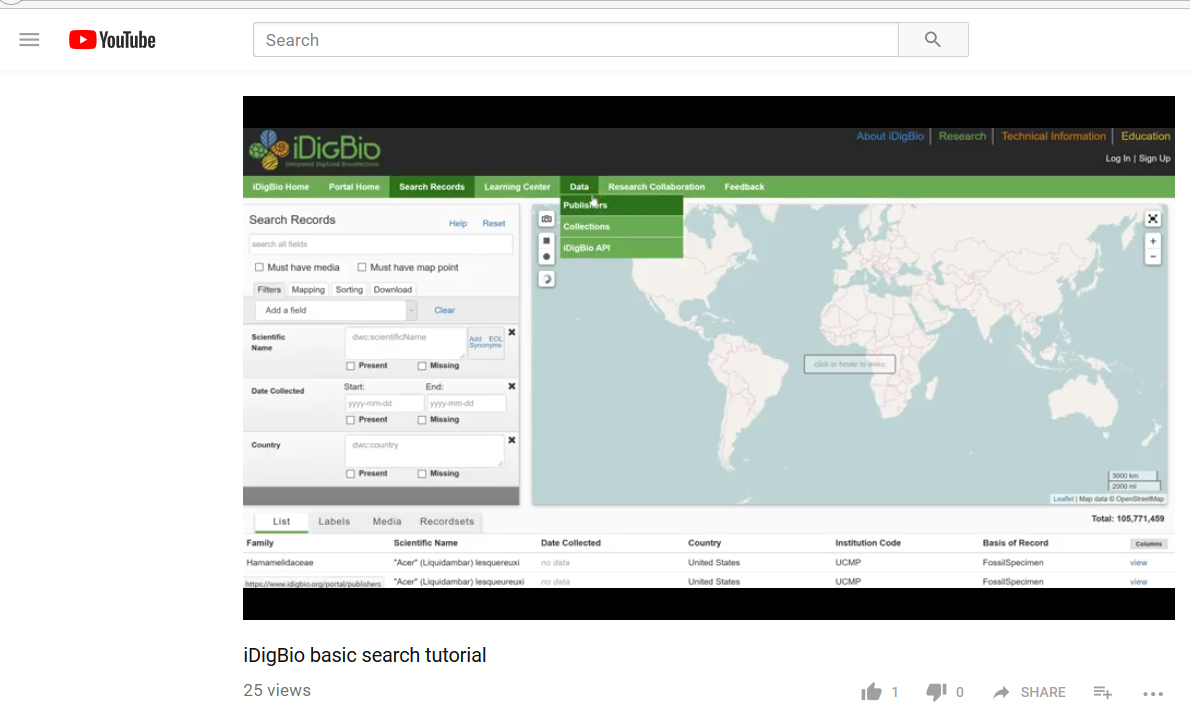 The Portal: Search through millions of records from natural history collections from around the world. New to the iDigBio Portal?
The Portal: Search through millions of records from natural history collections from around the world. New to the iDigBio Portal?
- Watch a video tutorial created by Teresa Mayfield
- Download a written tutorial on how to search for a species
- Visit the Portal's Learning Center to find more resources
- Find modules and lesson plans related to natural history collections for:
Collections Education Coffee Break Series
These are short 30-minute virtual sessions featuring a natural history collections-focused education or outreach resource created as part of the Advancing Digitization of Biodiversity Collections program. Find the schedule and recordings here.
More Resources Across ADBC
ESB: Help document marine mollusks of the North American Eastern Seaboard on iNaturalist.
DigIn: Visit their outreach page to find educational videos about marine invertebrates and more!
GLOBAL: Visit their education page for resources and links relating to the Building a Global Consortium of Bryophytes and Lichens Project.
CAP: Find all their educational materials including illustrated guides, and teaching modules, or check out the project's blog.
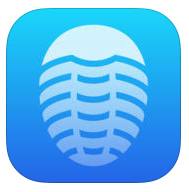 oVert: Find K-12 lesson plans developed by teachers, educational videos on their YouTube channel, and curated 3D models on their SketchFab page.
oVert: Find K-12 lesson plans developed by teachers, educational videos on their YouTube channel, and curated 3D models on their SketchFab page.
PaleoNICHES & Cretaceous World TCNs: Digital Atlas of Ancient Life: Get digital atlases for fossils from the Ordovician, Pennsylvanian, Cretaceous, and Neogene, find fossil guides, access a Digital Encyclopedia of Ancient Life (DEAL) and get the mobile friendly App.
EPICC: Virtual Field Experiences allow you to explore fossil-rich field sites just like a scientist would. Visit the website for lesson plans, videos, interactive maps and so much more.
FIC and Cretaceous World: has the educational portal iDigPaleo. This portal offers educators and students unique tools and resources to access insect specimens.
SERNEC (Southeastern Herbaria): Find lessons plans and activities associated with Notes from Nature, WeDigBio, and more!
Great Lakes Invasives Network: Have created Identification Guides to aquatic invasive plants to assist landowners, land managers, and citizen scientists in identifying aquatic invasive plants in the Great Lakes.
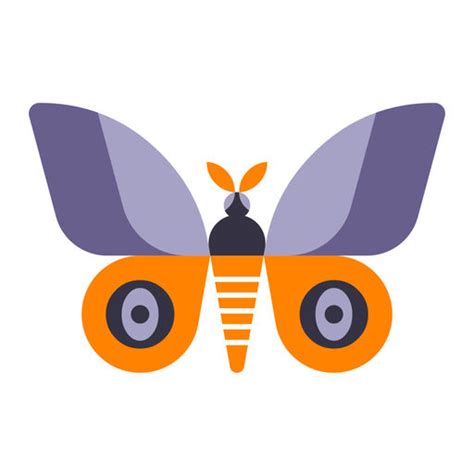 LepNet: Visit LepNet to find learning tools and resources, LepSnap App, and the LepXplor pilot program.
LepNet: Visit LepNet to find learning tools and resources, LepSnap App, and the LepXplor pilot program.
Lichens, Bryophytes and Climate Change: Learn about lichens and bryophytes, search the lichen and bryophyte portals, and get involved!
MyCoPortal: Search the portal for mycological collections, find fungi checklists for your area, play name that fungus, and get involved! The MicroFungi TCN (MiCC) has an education page too.
The Mid-Atlantic Megalopolis: Check out their video series on research using collections with MAM students.
SoRo: Help the SoRo project document biodiversity at the Rocky Mountain Biological Laboratory using iNaturalist.
Macroalgae: Watch the Macroalgae in Our Lives video, Search the Macroalgal Herbarium Portal and create checklists for your area.
New England Vascular Plants: Help them digitize, find botanical species lists, and search the Consortium of Northeastern Herbaria
Tri-Trophic: Visit the Discover Life webpage to find lesson plans, activities, and other information for science teachers and students.
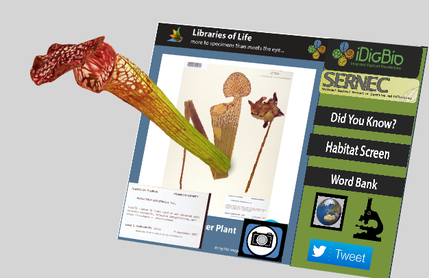 Libraries of Life Collection Cards were created by the iDigBio Augmented Reality Public Education/Outreach Working Group. The fifteen cards each feature a different project funded by NSF's Advancing Digitization of Biodiversity Collections program, and each card launches a 3D model in the mobile device's viewer that brings specimens to life for the public. The cards are available to download and print through the app, and further resources are available at www.libraries-of-life.org, including educational materials.
Libraries of Life Collection Cards were created by the iDigBio Augmented Reality Public Education/Outreach Working Group. The fifteen cards each feature a different project funded by NSF's Advancing Digitization of Biodiversity Collections program, and each card launches a 3D model in the mobile device's viewer that brings specimens to life for the public. The cards are available to download and print through the app, and further resources are available at www.libraries-of-life.org, including educational materials.
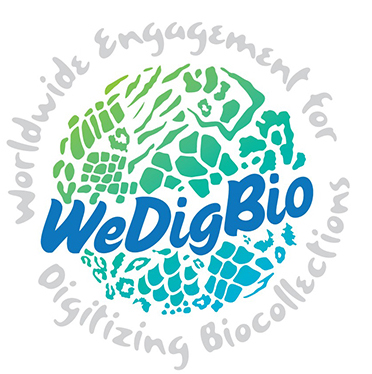 Worldwide Engagement for Digitizing Biocollections, or WeDigBio, is a 4-day event that engages participants online and onsite in digitizing natural history collections. Onsite events are hosted by museums, herbaria, universities, and other institutions and enable face to face meetups where participants engage with local collections.
Worldwide Engagement for Digitizing Biocollections, or WeDigBio, is a 4-day event that engages participants online and onsite in digitizing natural history collections. Onsite events are hosted by museums, herbaria, universities, and other institutions and enable face to face meetups where participants engage with local collections.
iDigBio has several article series published through the iDigBio Spotlight e-newsletter highlighting biodiversity, natural history collections, and new research. Subscribe to the newsletter or check out the archives for:
-
- Biodiversity Spotlights: Get more background on some of the organisms found in the portal by reading the monthly Biodiversity Spotlight.
- Research Spotlights: Learn about what scientists are learning from collections by reading the monthly Research Spotlight.
- Portal Curiosities: Find some of the extraordinary specimens within the portal by checking out the Portal Curiosities Series.
- Coding Corner: Did you know that iDigBio has an R programing package? Learn how to explore data in the specimen portal using "ridigbio".


